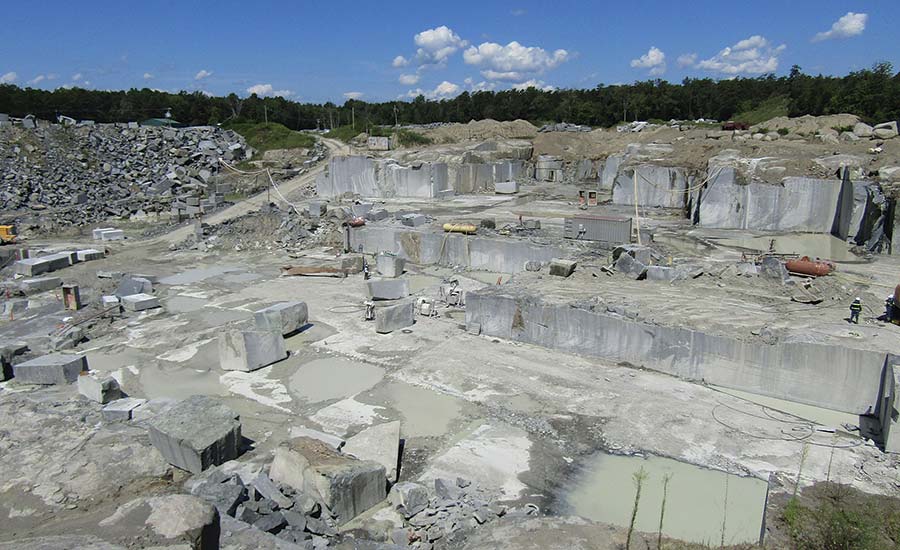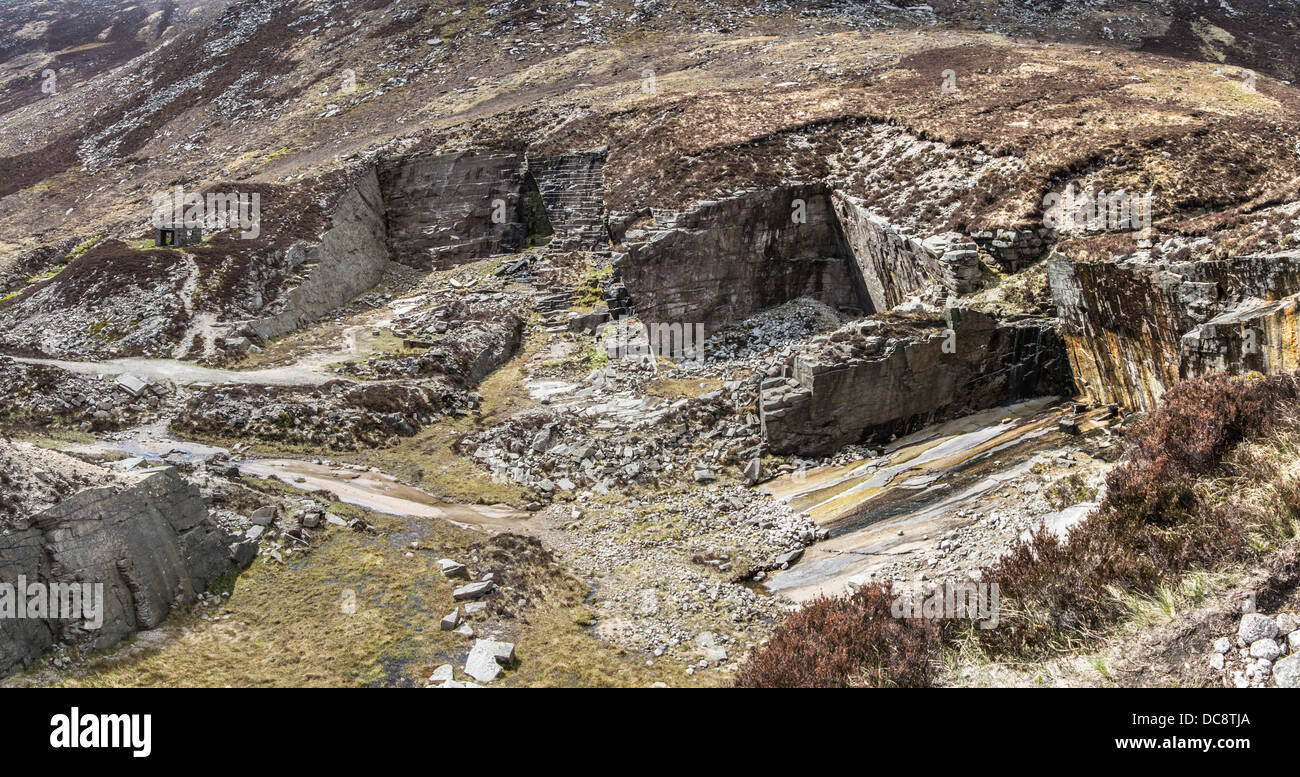Unveiling the Mysteries of Granite Quarrying: Where Stamina and Beauty Meet
The world of granite quarrying is a realm where the raw toughness of nature converges with human virtuosity to develop structures that stand the test of time with an air of style. From the depths of quarries to the precise sprucing up in workshops, the procedure of changing granite right into architectural marvels is a complicated dancing of practice and innovation. As we peer into the depths of this old craft, we start to reveal the hidden complexities that shape the extremely significance of our constructed setting.
The Beginnings of Granite Quarrying
In the record of architectural history, the origins of granite quarrying are shrouded in a tapestry of ancient craftsmanship and geological marvels. Dating back to ancient Egypt and Mesopotamia, the extraction of granite from quarries marked the beginning of a journey that would eventually result in the development of a few of the globe's most famous frameworks.
Granite quarrying's origins can be traced to the knowledgeable craftsmens that identified the rock's longevity and visual allure. Via a combination of primitive devices and large determination, these early quarry workers discovered granite blocks that would certainly come to be the foundation of civilizations.
As people progressed, so did the techniques of quarrying granite. The Romans, renowned for their design prowess, developed innovative techniques for removing granite to construct monoliths, holy places, and roadways that stood the examination of time.
The tradition of these ancient quarrying methods proceeds to shape modern-day style, with granite continuing to be a symbol of toughness and elegance in building and construction tasks around the globe. (granite quarries in south africa)
Tools of the Quarrying Profession
The development of granite quarrying techniques from old human beings to contemporary times highlights the vital role played by the devices of the quarrying profession in shaping the sector's methods. In ancient times, quarrying devices were simple, frequently including blades, hammers, and wedges made from materials like bronze or iron. These devices required substantial manpower and time to remove granite blocks from quarries.

In addition, the intro of pneumatically-driven devices and high-powered equipment has actually significantly reduced the physical labor required in quarrying operations, enhancing employee safety and this website performance. As the quarrying sector proceeds to introduce, the devices of the trade stay at the forefront of driving progress and shaping the future of granite removal.
Removing Blocks of Granite
Making use of accuracy machinery and advanced techniques, the removal of granite obstructs from quarries has become a sophisticated process in the modern-day quarrying industry. The preliminary action entails determining the place and size of the granite down payment to figure out the most efficient removal approach. When a suitable website is chosen, the extraction procedure starts with the boring of openings for the positioning of dynamites. Controlled blowing up methods are after that utilized to disintegrate the granite right into workable sections.

Polishing and Ending Up Methods
To attain a flawless surface area on granite blocks, skilled craftsmens utilize a collection of meticulous sprucing up and ending up methods. After the first extraction and forming procedures, the granite blocks go through a thorough polishing stage to boost their natural charm and longevity.
In addition to sprucing up, ending click here for info up techniques are applied to more refine the granite's appearance. These methods might consist of flaming, honing, or brushing, each offering special appearances and finishes to suit different visual choices. Flaming, for circumstances, involves exposing the granite surface to heats to develop a harsh, distinctive finish, ideal for outdoor applications where slip-resistance is vital. Sharpening, on the various other hand, gives a matte finish that is smooth to the touch, perfect for interior countertops and flooring. By thoroughly choosing and applying these polishing and completing methods, craftsmens can transform raw granite blocks into splendid items that showcase both stamina and beauty.

Ecological Effect and Sustainability
With the growing emphasis on ecological consciousness in the sector, granite quarrying practices are significantly scrutinized for their effect on natural resources and lasting sustainability. Quarrying for granite can have significant ecological implications. The extraction procedure frequently includes making use of heavy equipment, nitroglycerins, and large quantities of water, bring about habitat damage, dirt erosion, and water contamination. In addition, the Find Out More transportation of granite from quarries to processing centers creates carbon discharges, better contributing to environmental deterioration. granite quarries in south africa.
To minimize these influences and make certain sustainability in granite quarrying, industry stakeholders are adopting different procedures. Implementing sophisticated modern technologies to reduce energy intake and water use, recovering quarried land for environmental remediation, and advertising accountable sourcing methods are some approaches being employed. Qualifications such as the Woodland Stewardship Council (FSC) and the Management in Energy and Environmental Design (LEED) help customers recognize eco friendly granite products.
Verdict
To conclude, granite quarrying is a process that calls for specialized tools and techniques to essence blocks of granite and polish them to a high degree of surface. While the ecological effect of quarrying can be significant, initiatives are being made to improve sustainability techniques in the market. Overall, granite quarrying is a fragile balance in between harnessing the toughness and beauty of this all-natural stone while decreasing its effect on the setting.
Comments on “Journeying Via Granite Quarries in South Africa: A Visual Odyssey”